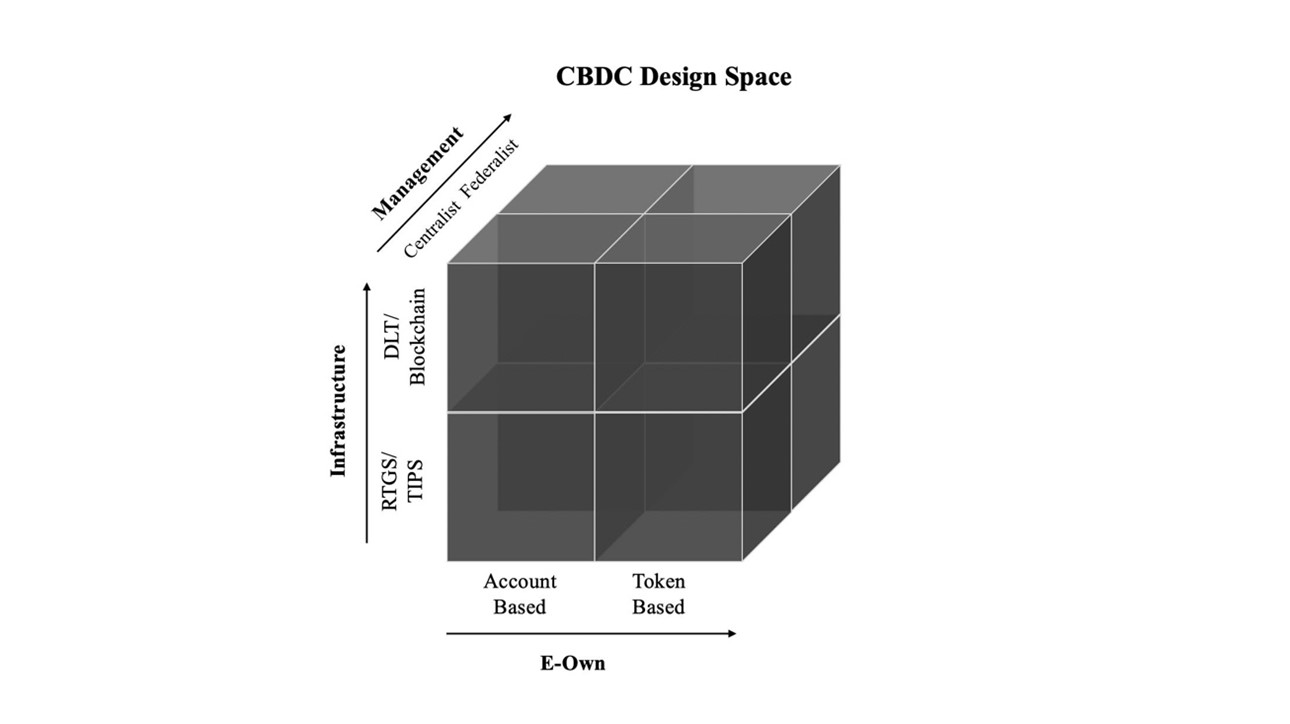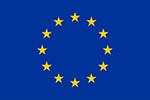NEW REPORT: Designing the Digital Euro
Providing a foundation of understanding CBDCs and the basic design architectures for the digital euro
The EUBOF report, coordinated by the Institute for the Future (IFF) at the University of Nicosia, goes a step further from previous efforts, by considering specific design options for the digital euro and evaluating them against the core principles and requirements set by the ECB.
This large-scale research aims at contributing to the ongoing debate to develop the digital euro, highlighting the following dimensions:
- How the digital euro will differ based on whether it functions similarly to today's bank deposits (an account-based digital euro) or similarly to today's physical cash (a token-based digital euro).
- What are the differences based on the underlying technological infrastructure of the new currency, specifically choosing between implementing it atop existing eurozone-wide payment rails (such as the TIPS) or atop novel technological architectures, such as blockchain.
- Explores whether the ECB, as well as the Eurozone banking system and European citizens, would be better-off if the digital euro was exclusively coordinated by the Central Bank or if it was distributed and managed in collaboration with Europe's commercial banks and other financial institutions.
- Addresses additional considerations related to technology (interoperability and programmability features of the digital euro), regulatory aspects (traceability, compliance, and AML/KYC enforcement) and end-user experience (fund custody, digital wallet design and user interfaces).
- Identifies and studies several implications of the digital euro to areas such as financial stability or the operation of the European banking industry
The figure below denotes the eight (8) different digital euro design options that result from the above design considerations:

The Institute For the Future (IFF) of the University of Nicosia has led the scientific team producing the report, which, further to EUBOF partners, included notable contributors such as Dr. Scott Stornetta (Chief Scientist, Yugen Partners), Paolo Dini (Senior Visiting Research Fellow, LSE), Professor Joshua Ellul (Malta Digital Innovation Authority, University of Malta) and Arnaud Le Hors (IBM, Hyperledger).
Professor George Giaglis, IFF’s Executive Director stated: “The digital euro represents a revolutionary next step in the history of Europe’s single currency. As digital payments become widespread, the use of physical cash is declining across Europe and the ECB is right in assessing how a euro for the digital era should look like. We are proud to have worked with the European Commission and our partners at EUBOF to contribute to this debate, by moving from theory to practice: we identify eight specific design considerations for the digital euro and assess each of them against a set of criteria including user experience for citizens and business, underlying technological infrastructure, and implications for the stability and future outlook of the European banking system. We hope that this analysis will inform the ongoing debate and help policy makers in reaching the best decisions for the future of the eurozone”.
To read the full report, click here
The EU Blockchain Observatory and Forum is a European Commission initiative to accelerate blockchain innovation and the development of the blockchain ecosystem within the EU and so help cement Europe’s position as a global leader in this transformative new technology.
The Institute For the Future is an interdisciplinary research Centre at the University of Nicosia (UNIC), aimed at advancing emerging technologies and contributing to their effective application in industry, government and education as well as evaluating their impact on employment, wealth inequality and our lives and societies in general.
University of Nicosia is the largest university in Cyprus and among the largest English language universities in southern Europe, with over 12,000 students from over 70 countries across the globe, coming together in an innovative and transformative learning space.
